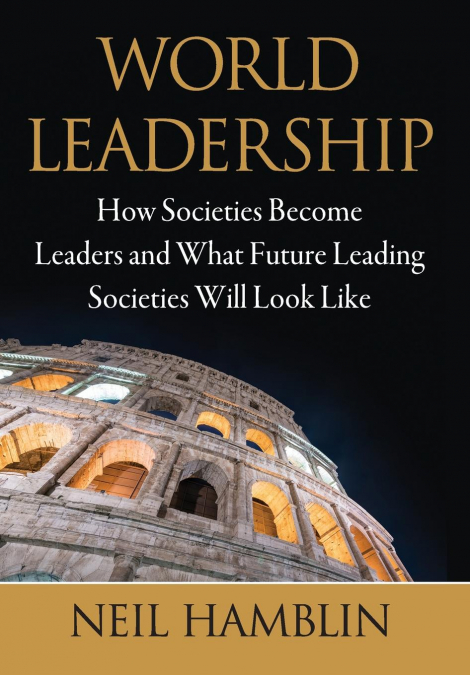
Neil V Hamblin
The United States is the dominant world power today, but that has not always been the case. Great Britain, Rome, and ancient Sumer were also once leaders in their time, but their empires dissolved into history. Societies have risen and fallen since prehistoric times; but what drives this leadership change? Innovation drives leadership change. It turns out that just fourteen transformative innovations have driven leadership change since the dawn of civilization. Some innovations changed the way resources are managed; some changed the environment; others gave a military or wealth advantage to a society. Whenever a society embraced one of those innovations early it gained leadership power over rivals. In the 21st century new transformative innovations will emerge. They will have the power to change the world order in a way not seen since the birth of the nation-state 500 years ago. Everything we understand about the relative power of nations is up for grabs. However, knowing what these next transformative innovations are can stabilize the world, and help us to avoid the turmoil historically associated with power shifts.While knowing which innovations drive leadership change is of inestimable value, another insight may be even more profound: the competition to be the leader has been the primary driver of human societal progress. This insight unlocks the mystery behind why societies behave as they do, why nation-building efforts have tended to fail, what to do in Syria, and why the best hope for stability in Afghanistan may rest in restoring its monarchy. World Leadership uses this insight to craft a framework, and a hope for doing things smarter in the future by working from an informed perspective.